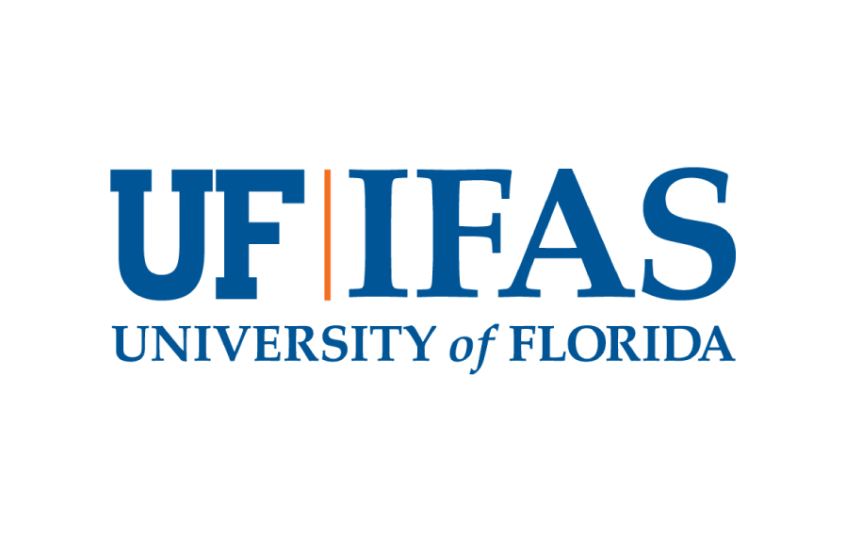By Clint Thompson
There is potentially a bright future for the vanilla industry in South Florida. Strengthened by a recent grant from the U.S. Department of Agriculture’s National Institute of Food and Agriculture and renowned research from Alan Chambers at the University of Florida Institute of Food and Agricultural Sciences Tropical Research and Education Center, the prospects of vanilla production is more promising every day.
“I still believe in the economics of vanilla, especially for South Florida and for our growers as well as for our consumers. We do have growers that have put whatever they could get into the ground,” Chambers said. “I know a grower that has over 1,000 virus-infected planifolia plants. The virus doesn’t hurt humans, it only impacts the plant. It makes it grow a little more slowly. But we also found from our collection this year that even those plants, they’re still so strong, they produce gourmet-length beans. Even with the virus, it’s doing pretty good.

“Of course, now we want to get them clean plants. We’re starting to see the actual, literal fruit coming off of these vines. It’s confirming some of our hopes that we would get these high-quality beans.”
Madagascar leads the world in vanilla production, supplying more than 80% of the world’s vanilla, with Indonesia, Uganda, India, Comoros, Mexico, and other countries contributing to global production. The United States is the biggest importer of vanilla beans from Madagascar and, once in America, those beans are further processed into vanilla extract.
Chambers said the U.S. imports more than half of what’s produced. The demand is certainly there for buyers to support the industry’s development in South Florida.
“People know vanilla and understand it. I’ve already had chefs visit my site, saying, ‘When can I get your vanilla? I need it.’ Those local ingredients really resonate with people. You can make food at home. When you go out, you want an experience. When you start adding local ingredients that’s a big win for the people selling and the people buying and the people eating,” Chambers said.
“We’ve got the right environment here, but we’re also working with growers in Puerto Rico, Hawaii and the Virgin Islands. Florida is the only one we can truck to. If we want to hit Miami, (Washington) D.C., New York, that’s going to be a unique opportunity for us.”










